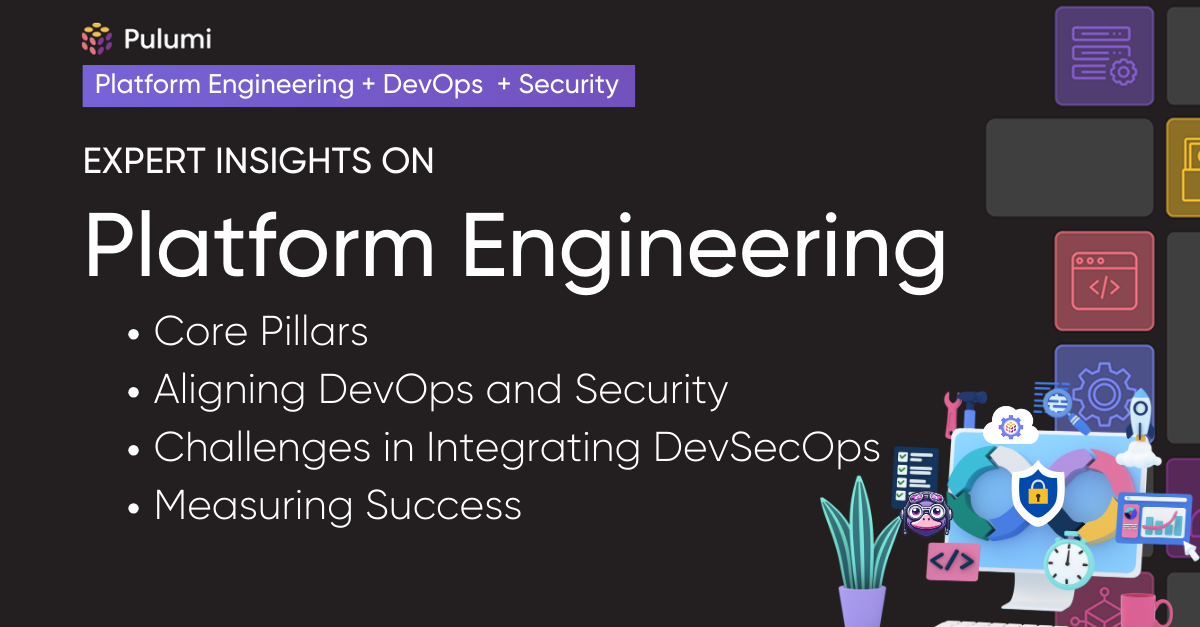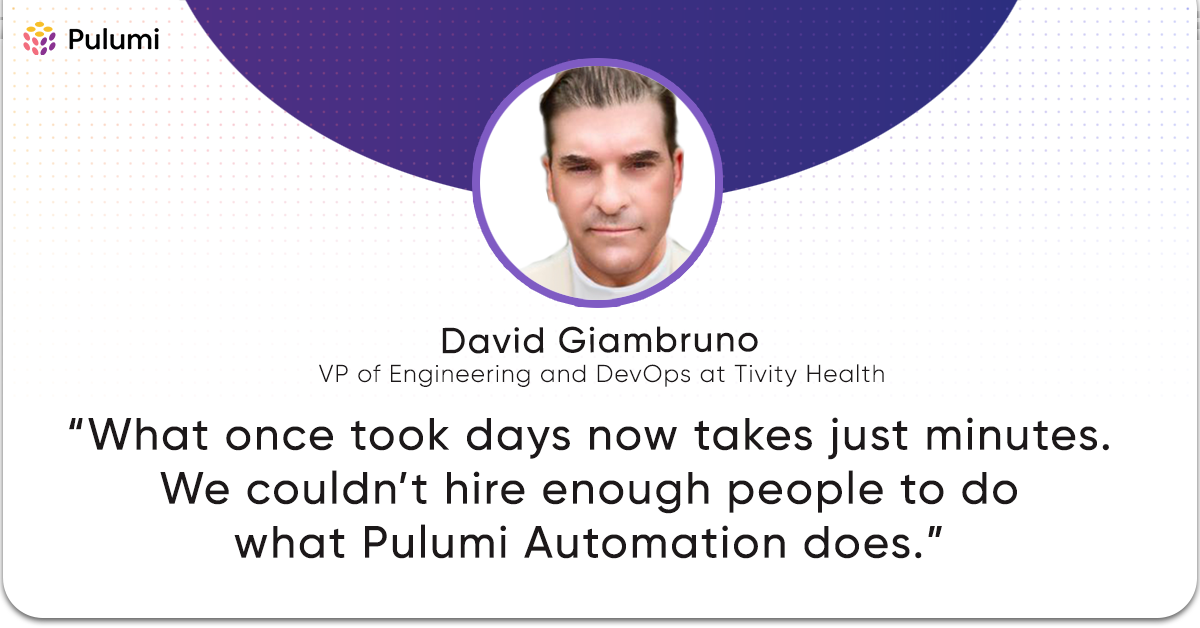How to Implement Robust Security Guardrails Using Policy as Code

Welcome to the third post in our IDP Best Practices series, where we explore how to implement policy as code with Pulumi CrossGuard to create deployment guardrails that make self-service infrastructure both powerful and safe.
Platform engineering presents a fundamental tension: we want to enable developer velocity while maintaining security and compliance. Every platform team faces the same question: how do you give teams the freedom to deploy infrastructure quickly without compromising on safety, security, or organizational standards? The answer isn’t to choose between speed and safety, but rather to embrace automated guardrails powered by policy as code that make both possible simultaneously.








